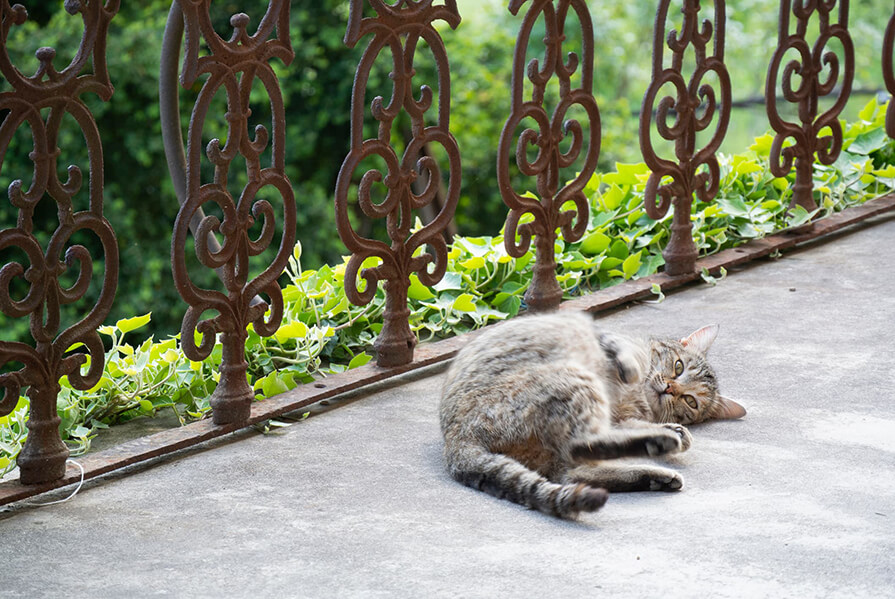

We know cats are typically small animals, but often we are unsure how much our beloved pets should weigh. Although your cat’s weight will naturally change over their lifetime, gaining or losing too much weight can pose problems for their health.
If pet owners overfeed their cats or give them too many treats, this can lead to obesity, which often has long-lasting and serious effects on a cat’s health. However, if cats aren’t fed enough, or they lose weight quickly, this can also become a serious health issue. In this article, WHISKAS investigate average cat weight, and how much you should feed your cat to ensure they stay in top condition.
The average weight of a cat
Although a rough estimate for most domesticated cats is around 10 pounds, or between 4-4.5 kilos, there is no ‘one weight fits all’ measurement for cats. A cat’s weight can be affected by many things, including:
- Breed
There are lots of different breeds of cat, and each has its own healthy weight range. If you are unsure what breed your cat is, or what a healthy weight is for that particular breed, check with a vet. - Sex
Typically, male cats are bigger than female cats, and it is common for them to weigh more. - Age
Cats naturally experience changes in their weight over the course of their lives, and require different amounts of food at certain ages. Make sure to book regular vet check-ups from when your cat is a kitten to make certain they are hitting the right milestones.
- Size
Depending on how big your cat is, they are likely to weigh more if they are a larger size.
How to check your cat’s weight
Whilst at home, look at your cat from above. Their body should resemble an hourglass shape. Next, run your fingers along your cat’s sides – you should be able to feel their ribs and shoulder bones. If you can’t quite feel them, and your cat also has a saggy tummy, they are most likely overweight. On the other hand, if your cat’s ribs, spine and shoulder blades are too visible, they might be underweight. The best way to check your cat is a healthy weight is to take them to the vet for a check-up.
How to deal with weight gain
We love spoiling our pets, but sometimes we need to learn when enough is enough. If you’ve noticed that your cat has put on weight, or your vet has advised that they are at risk of becoming obese, you need to take steps to help them slim down. The main thing to consider is your cat’s diet: how much are you feeding them, and how often? Are you giving too many treats as well? You may need to switch the type of food you are feeding and cut back on the amount of treats you give your cat. Avoid feeding your cat human foods, as these can not only be unhealthy, but some can even be dangerous for your cat’s health. If you have other pets, check that your cat isn’t managing to steal their food – and feed them in separate rooms if necessary.
In addition to diet, make sure your cat regularly goes outside for some exercise. You can also buy food puzzle toys to encourage your cat to indulge their natural hunting instincts whilst indoors.
However, before making any changes to your pet’s diet, always consult a vet first.
What to do if your cat loses weight
Cats can be underweight for a few different reasons. Sometimes adopting a high-calorie diet can be enough to help them put on some weight. If you are unsure about your cat’s diet or their health, speak to a vet before making any changes.
If you are concerned about your cat’s weight loss, or your cat has lost weight very quickly, it is vital that you take them to see a vet for a full check-up.








